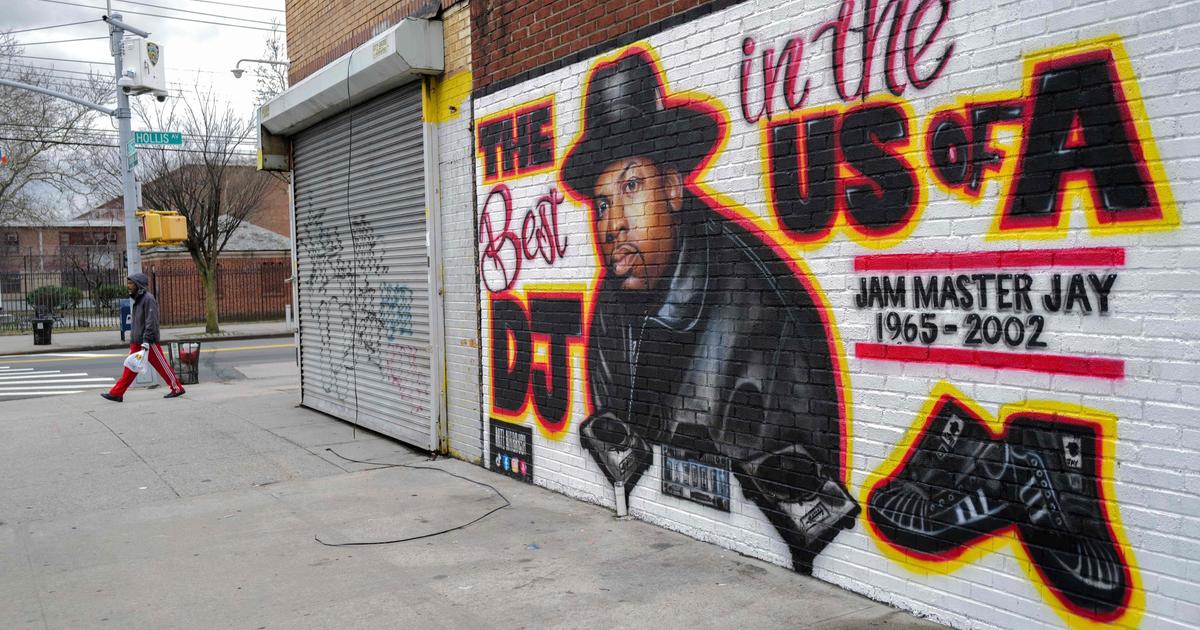Political situation
Written by: Lin Jian
2020-09-07 16:04
Last update date: 2020-09-07 16:10
The vice chairman of the People's Forces Tan Dezhi (Qibi) was arrested yesterday (September 6) by the National Security Department of the police. The police accused Kuabi of violating Article 10 of the Criminal Offences Ordinance and published sedition.
"Sedition" generally refers to the current Articles 9 and 10 of the Criminal Offences Ordinance, which have not been cited for a long time after the reunification.
Until this year, the police have successively arrested Cheng Liqiong and Tam Dezhi, chairmen of the Central and Western District Council.
Some opinions pointed out that the coverage of "sedition crime" is too broad and vague, which can easily lead to crimes of words, criticism of the government, etc., which may violate the Hong Kong Bill of Rights.
Among them, the former chairman of the Legislative Council, Jasper Tsang, and Chen Zeming, director of the Law Research Center of the Hong Kong Policy Research Institute, wrote an article four years ago that pointed out that there are many uncertain factors in the crime of sedition. Some legal experts were also cited to question the regulations. Part of the content may have been "expired".
In an interview, Chen Zeming pointed out that because the current definition of "sedition" is too broad, there is too much uncertainty in the law. Even if the regulations still exist, the court still has a lot of gray areas to clarify. Therefore, even if the Department of Justice prosecutes, the odds of winning may not be high. , It cannot even be ruled out that some people challenge the validity of the regulations with judicial review.
Zheng Liqiong and Tan Dezhi have been arrested on suspicion of "incitement" this year.
(Profile picture)
Originated from handling the 1967 riots, Zeng Decheng was imprisoned for this crime
Section 10 of the Crimes Ordinance states that any person—
(a) Do, attempt to do, prepare to do, or conspire with any person to do an act with seditious intent; or
(b) Publish seditious text; or
(c) Print, publish, sell, offer to sell, distribute, display or copy seditious Publication; or
(d) import a seditious publication (except if he has no reason to believe that the publication is a seditious publication),
It is a crime. The first conviction is punishable by a fine of $5,000 and imprisonment for 2 years, and the subsequent conviction is punishable by 3 years in jail; the seditious publications are confiscated and returned to the government.
The definition of "sedition intent" in Article 9 of the Crimes Ordinance refers to "hate or despise Her Majesty the Queen herself", "cause or deepen hatred and hostility among residents of different classes in Hong Kong", and "inciting others to use violence" And other behaviors.
The above crimes originated from the leftist riots in 1967 and the British Hong Kong government made amendments in order to quell the chaos.
The former Secretary of the Home Affairs Bureau, Tsang Tak-shing, was charged with "distributing seditious leaflets" and sentenced to two years in prison for distributing leaflets in school against the "slavish education" of the British Hong Kong government.
At that time, the Hong Kong British cited Articles 9 and 10.
However, the regulations have not been updated since they were revised in 1970.
During the 1967 riots, Zeng Decheng was convicted of incitement and imprisoned for distributing anti-British colonial leaflets.
(Profile picture)
The establishment once advocated the "sedition crime" to deal with Hong Kong independence
In Hong Kong, one of the "crimes of sedition" that has caused widespread social discussion in recent years was 2016.
At that time, due to the rise of independent groups such as the Hong Kong National Party, the society was concerned about studying or advocating "Hong Kong independence", whether it was illegal when there were no national security laws. In particular, the government insisted that "Hong Kong independence" was illegal, but it has not found any of the laws at that time. Content as the basis.
At that time, one of the proposals of the institutional circle was to invoke Section 9 and Section 10 of the Criminal Offences Ordinance, that is, the crime of sedition.
Among them, Article 9 "Causes Dissatisfaction or Betrayal among Hong Kong Residents" and Article 10 "Anyone who does, attempts to do, prepares to do, or conspires with any person to do an act with seditious intent" seems to be able to restrict the advancement of " "Hong Kong independence" behavior.
But there is another voice in the legal profession.
Chen Zeming, who is also the honorary researcher of the "Hong Kong Vision" led by Jasper Tsang, published an article in May of that year. He cited several legal scholars to point out that the Hong Kong Bill of Rights Ordinance was enacted after the Criminal Offences Ordinance (" The Hong Kong Bill of Rights Ordinance was passed in 1991).
Some scholars have even questioned that due to the enactment of the Hong Kong Bill of Rights Ordinance, some of the provisions in the "sedition" have no longer been effective.
Scholars worry that the regulations have no objective criteria
In fact, the police used "sedition" to arrest Zheng Liqiong and Tam Dezhi twice this year, and this has also aroused many questions in the community. It is difficult to have objective criteria for "causing dissatisfaction among Hong Kong residents" and "publishing seditious words." It is even a judgment that may contain political elements.
For example, Zhang Daming, the chief lecturer of the School of Law of the University of Hong Kong, believes that the scope of the regulations is broad and vague, and he is worried that criticism of government policies in the future will be regarded as "inciting dissatisfaction with the government" and be arrested; Its predecessor began in the era of colonial repressive rule. It was first established in 1914. After several revisions, the government moved towards enlightenment after the 1967 riots and avoided it as much as possible.
And over a hundred years, the legal interpretation of freedom of speech has evolved.
Chen Zeming (left) said that there are too many gray areas in the "sedition crime".
(Profile picture)
Chen Zeming: Too many gray areas need to be modified appropriately
Chen Zeming mentioned in an interview with a reporter from "Hong Kong 01" that Articles 9 and 10 of the Criminal Offences Ordinance, namely "sedition", were last amended in 1970. It is a very old law. The original intent was to deal with 1967. Riots.
He pointed out that in principle, "criminal with words" is reasonable under certain circumstances. For example, Hong Kong laws have provisions that claiming to be members of the underworld is illegal; European and American countries have laws that explicitly prohibit inciting racial hatred. Therefore, it is very common that freedom of speech is restricted to a certain extent.
However, Chen Zeming believes that the two related laws on "sedition" are written too loosely, and there is almost no objective definition at all. "For example, in extreme situations, what is reasonable criticism and what is inciting hatred? What? If you criticize the government sharply, will you fall into the French net by mistake? There is no definition in the relevant legislation, and the judiciary lacks cases to clarify the boundaries. The situation will be a little worrying."
He estimated that because of the excessive uncertainty of this law, even if the regulations are still effective, there are a lot of gray areas that need to be clarified in the actual handling. Even if the Department of Justice prosecutes, the odds of winning may not be high, so it has not been cited for a long time since the return. If the party loses the lawsuit, it is more likely to show his impression that some of the government's comments that "inspire hatred" have been rationalized.
In addition, Chen Zeming stated that it cannot be ruled out that some people challenge the constitutionality of relevant regulations on "sedition" through judicial review based on the protection of freedom of speech in the Bill of Rights and the Basic Law.
He suggested that the Criminal Offences Ordinance should be appropriately revised to reduce gray areas and meet the needs of today's society.
Tan Dezhi Arrested | Tang Jiahua: Sinning with words is not a violation of human rights and calling Lin Zheng to step down may not be illegal
Tan Dezhi arrested and Chen Wenmin: Quoting outdated regulations to restrict freedom seems to have entered the police society
Tan Dezhi Arrested | Can the reactivation of the ancient colonial law be guilty of inciting hatred of the government?
Scholar: The definition is too broad
Tan Dezhi incites the Hong Kong version of the People's Force of the National Security Law









